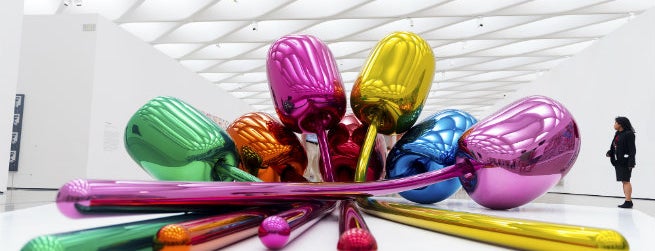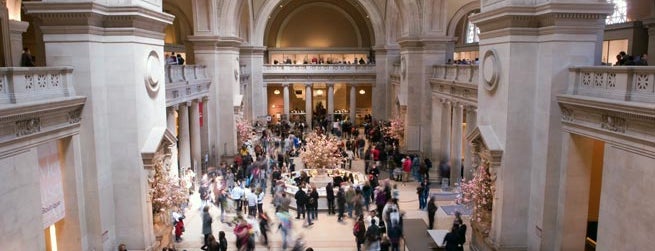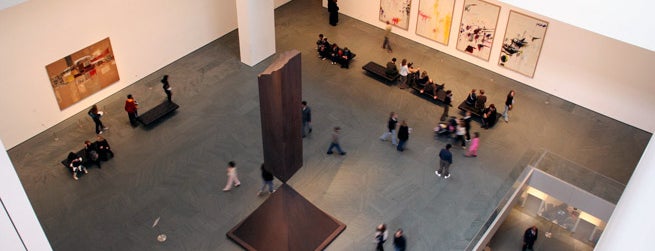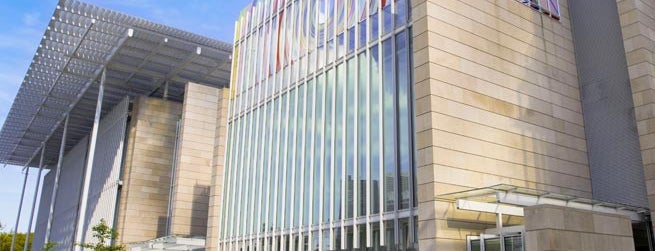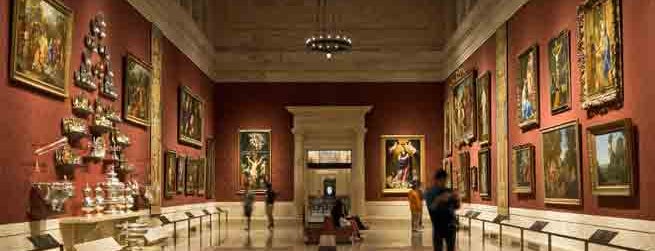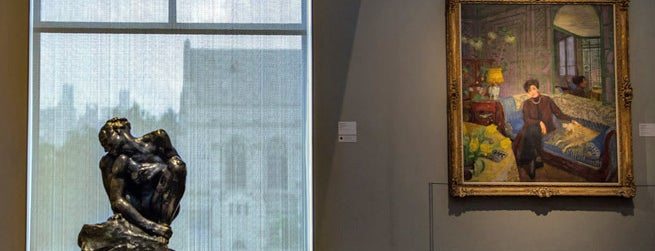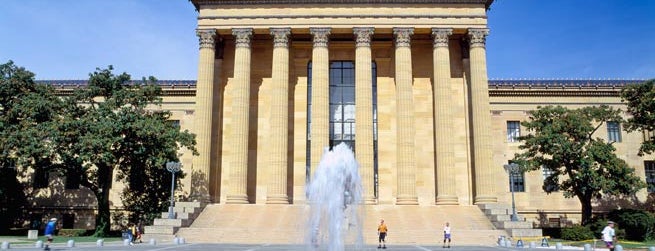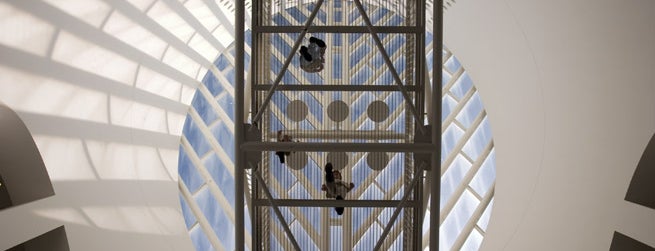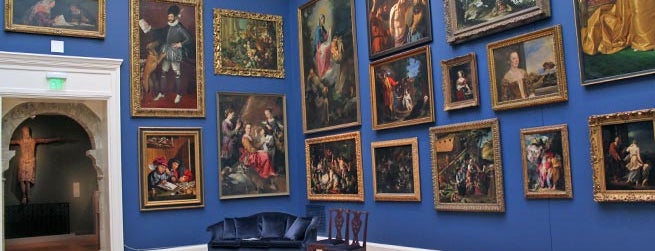Los Angeles’ newest contemporary art museum, The Broad (rhymes with “road”), houses Eli and Edythe Broad’s formerly private collection of over 2,000 works of modern art from the 1950s to present day. Read more.
After a major renovation, “the Met” reopened its Islamic Wing, showcasing tapestries, decorative objects, and an entire room from eighteenth-century Damascus. Read more.
The museum is open late on Saturdays and offers a “Pay What You Wish” admission from 5:45-7:45 p.m., but note that it can get quite crowded. Read more.
Don’t miss the outdoor sculpture garden, which features works by Picasso, Miró, and Giacometti, as well as a Paris subway entrance by Hector Guimard. Read more.
Continuously growing and expanding, the Los Angeles County Museum of Art (LACMA) is the largest art museum on the West Coast, containing some 120,000 objects that span ancient history to modern times. Read more.
The art collection is divided between the buildings by time period, and the Getty’s collection of eighteenth-century French decorative arts is especially renowned. Read more.
Don’t miss the museum’s celebrated Chagall stained-glass windows, which have been restored and are on view in the Arthur Rubloff building. Read more.
The Beaux-Arts building of the Museum of Fine Arts contains an impressive collection of American works by Winslow Homer, Mary Cassatt, Edward Hopper, Georgia O’Keeffe, and Jackson Pollock. Read more.
The MFAH covers world cultures, including art of the Americas, Asia, Africa, and Europe. Be sure to check out the sculpture garden with works by Rodin, Matisse, and Giacometti. Read more.
The collection covers all major periods and styles, but it's the modern collection that is especially notable, including the world’s largest collection of works by Marcel Duchamp. Read more.
Located on the National Mall, the National Gallery of Art was founded in the 1930s. Insider tip: The sculpture garden touts an ice rink in the winter and free jazz concerts in the spring and summer. Read more.
The museum has an extensive collection of 20th century art, from Fauvism and Cubism to Pop Art, Minimalism, and Abstract Expressionism. SFMOMA also boasts a notable collection of photography. Read more.
The Detroit Institute of Arts displays an impressive collection of African-American art, in addition to its holdings of American, European, Asian, African, Native American, and Islamic art. Read more.
Ohio’s major cultural attraction is the Cleveland Museum of Art, founded in 1913. Don’t miss Warhol’s Marilyn x 100 screen print. Read more.
For contemporary art lovers, a trip to Dia:Beacon is considered a pilgrimage. It's easily reachable via the Metro-North Railroad from New York City. Read more.
The Rhode Island School of Design is one of the leading art schools in the country, and its museum marks one of New England’s best art collections. Read more.
Walking into the Frick Collection on the Upper East Side feels like stepping back in time to nineteenth-century Paris. Special exhibits can be hard to get into; advance ticketing is recommended. Read more.
Gertrude Vanderbilt Whitney, a sculptor and collector, established the museum when the Metropolitan Museum of Art refused her donation of twentieth-century American art. Read more.
Visitors can ascend the museum's 144-foot-high tower to admire San Francisco views from the observation room, free of charge. Read more.
The museum includes folk art and crafts, decorative arts, and the largest collection of New Deal art and American Impressionist paintings. Visitors tend to adore the contemporary craft collection. Read more.
The Brooklyn Museum traces its roots back to 1823, almost fifty years before Manhattan's Metropolitan Museum of Art was born. Its Egyptian collection is regularly ranked one of the best in the world. Read more.

